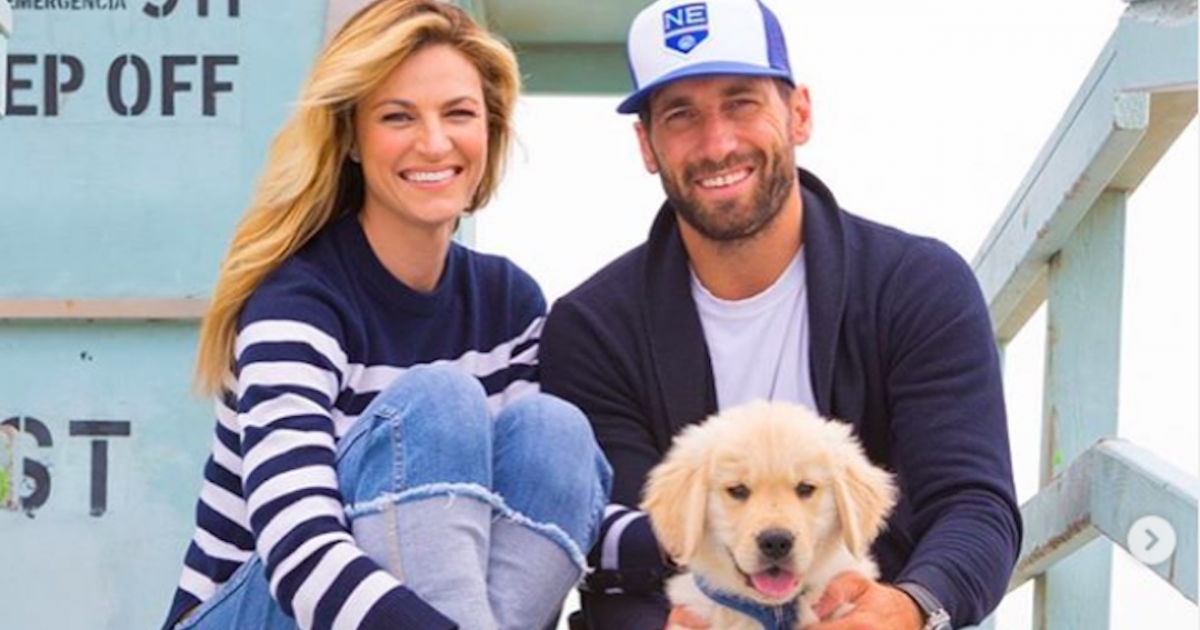The internet is asking whether cervical cancer survivor and Sportscaster, Erin Andrews is pregnant after she shared a hilarious father-daughter dance to ‘Frozen’ with a pointed message for her husband, Jarrett Stoll: “Goals for you @stolly28 ????????” Andrews wrote on Instagram. “I also DIE for this kid correcting Dad on the choreography ???????? I'm crying.”
RELATED: New Cervical Cancer Test Detects Disease Better Than HPV Test and Pap Smear
Read MoreView this post on Instagram
said another. A third got straight to the point: “U prego???” While Andrews isn’t making any announcements right now, for younger women facing cancer treatment, preserving fertility is an important part of the conversation.
Cancer Treatment and Fertility
Andrews was 38 when she was diagnosed in 2016, a year before she and Stoll married. After deciding on surgery, she said, her doctor addressed her fertility: "He said, 'Look, I’m going to do this surgery but I’m also going to tell you both that now is the time to have your embryos frozen, because if this doesn’t work, we're going to need to talk about other options,'" she told InStyle.
RELATED: Freezing Eggs Or Embryos: What Should I Do?
"[Jarret and I] were kind of talking about those things, but we're both very career-driven and weren't planning to have a family right away. After that first
Dr. Jaime Knopman, a reproductive endocrinologist at CCRM NY, on preserving fertility for women with cancer.
appointment … I was bawling, and wondering if I'd be able to have kids,” she said. “We had to have some very real conversations."
Fertility After Cervical Cancer
For young women battling cervical cancer, and many other types of cancer, there are fertility preservation options available. But it's important to have the conversation with your doctor about which options you may be able to take advantage of before you undergo cancer treatment.
RELATED VIDEO: After A Cancer Diagnosis: Getting Fertility Hormone Injections
A woman's ability to get pregnant after cervical cancer depends on the stage of the cancer and the treatment received.
In a previous conversation with SurvivorNet, Dr. Jaime Knopman, a reproductive endocrinologist at CCRM NY, said that when it comes to preserving fertility for women with cancer time is always of the essence. So this is a conversation to have with your doctor sooner rather than later.
"The sooner we start, the sooner that patient can then go on and do their treatment," Dr. Knopman said. "A lot of the success comes down to how old you are at the time you froze and the quality of the lab in which your eggs or embryos are frozen in.”
“Oftentimes we just do what we call a 'fast start.' We start them no matter where they are in their menstrual cycle. Because of that, it can sometimes take a bit longer than it would for traditional IVF stimulation. But all in, you're never really talking about more than two weeks."
Learn more about SurvivorNet's rigorous medical review process.


